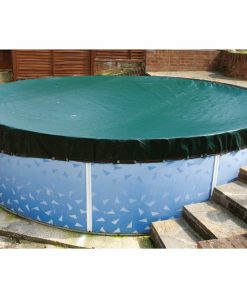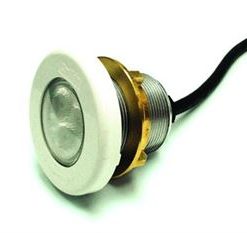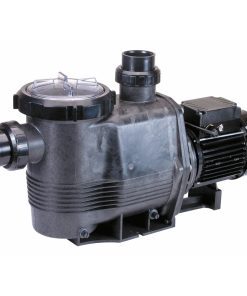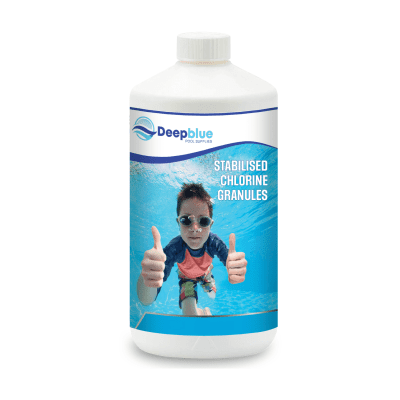Hottub, Swimming Pool
Understanding Biofilms in Spa Pools: Prevention and Treatment
Biofilms in Spa Pools: A Guide to Prevention and Treatment
Biofilms exist as a concealed threat in spa pools because they create an environment where dangerous bacteria including Legionella and Pseudomonas thrive. This article describes biofilms together with their formation mechanisms and provides methods for their prevention and treatment.
What Are Biofilms?
Biofilms consist of slimy microbial layers which attach to surfaces including pipes and jets and filters. These microorganisms create detection challenges because they reduce the effectiveness of disinfectants.
Why Biofilms Are Dangerous
The protective environment of biofilms allows dangerous bacteria to multiply and spread throughout the water system. The failure to treat biofilms results in disease outbreaks.
How to Prevent Biofilms
Regular Cleaning: Regular cleaning of surfaces together with jets and pipework helps eliminate accumulation.
Shock Treatments: Periodic use of high disinfectant concentrations serves to break down biofilm structures.
Maintain Proper Chemistry: The recommended ranges for disinfectant and pH levels should be maintained.
Treating Existing Biofilms
If biofilms are already present:
Drain and clean the spa pool thoroughly.
Spa pools require specific biofilm-removal products for their cleaning needs.
Inspect and clean all system components.
FAQs About Biofilms
Q: Can biofilms form in well-maintained pools?
A: Yes. Regular maintenance does not eliminate the possibility of biofilm development thus proactive prevention stands as the essential measure.
Q: How frequently should biofilm treatments be performed?
A: Commercial facilities should perform monthly biofilm treatments as part of their maintenance routine.
Keep Biofilms at Bay
Regular cleaning combined with preventive measures helps reduce biofilm-related risks to create a secure spa pool environment.


















